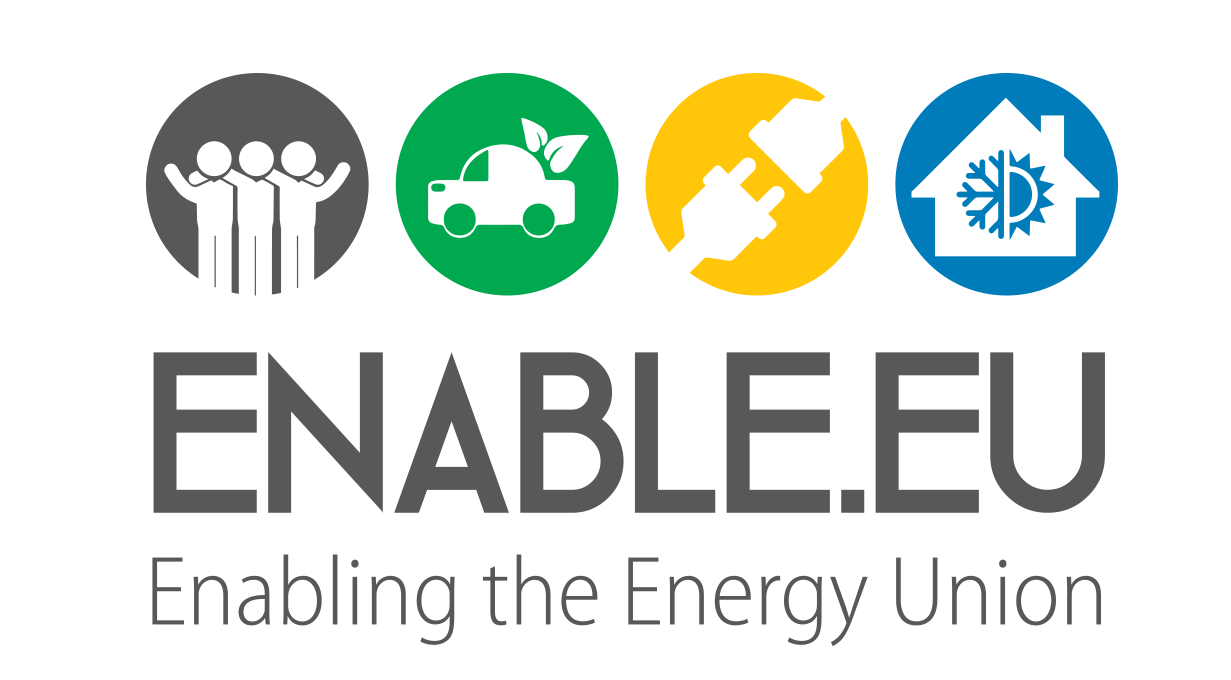On October 24, 2017, the Centre for Global Studies “Strategy XXI” conducted an expert round table on “Heating and conditioning in private households and apartment houses in Ukraine: challenges, perspectives and forecasts”. This discussion with Ukrainian experts in the field of energy efficiency and renewable energy sources covered a number of issues, such as the factors determining technical parameters and cost of heating in Ukraine in multi-apartment buildings and private households; strategies for ensuring that heating costs are kept at an acceptable level; ways of forming the economic and ecological consciousness of citizens; incentives for and obstacles to the reform of heat supply systems; conditioning as a service for consumers and how to ensure its economical, efficient, and environmentally friendly use.
The President of the Centre for Global Studies “Strategy XXI”, Mykhailo Gonchar, noted that it was important to understand people’s behaviour when they make choices regarding energy sources, technologies, and methods of energy consumption, or decide to use energy-efficient and energy-saving technologies. He stressed the need to consider regional energy differentiation in Ukraine, the availability of local energy resources (mixed fuels, solar energy, wood, coal, peat, etc.), and the importance of finding new ways to optimize their use.
The Head of International Programs for the Centre for Global Studies “Strategy XXI”, Vitalii Martyniuk, informed the round table participants of the results of the pilot focus group meeting on this topic, which was held by the Centre on October 13, 2017.
The round table participants expressed the following thoughts:
- In Ukrainian society, personal (striving for energy autonomy) and political (transition to the use of alternative fuels, as opposed to natural gas) factors are increasingly important, and are connected to the desire to promote Ukraine’s energy independence.
- Many energy-saving measures are quite simple and affordable, for example: the installation of additional doors in the entrance or screens on heating radiators, and the sealing of windows and doors. At the same time, public awareness is low, and should begin with training on the principles of energy efficiency.
- A clear state policy for informing the population about energy-efficient technologies is notably absent, and public organizations and businesses need to be more involved in this process.
- Public policy was a stimulant in the areas of EE and RES, but local features, including the operation and maintenance of energy efficient equipment, should be carefully considered and the market should be differentiated under conditions of rapid transformation.
To sum up the results of the discussion, the participants agreed on the difference between consumer behaviour in Ukraine and in the EU; Ukrainian consumers are guided mostly by financial factors, while European consumers consider ecology, regional and national development, and promoting the development of new technologies. That said, dynamic changes in Ukrainian and European energy markets will determine changes in consumer behaviour, which should be taken into account to identify influences on the choice of energy sources.
